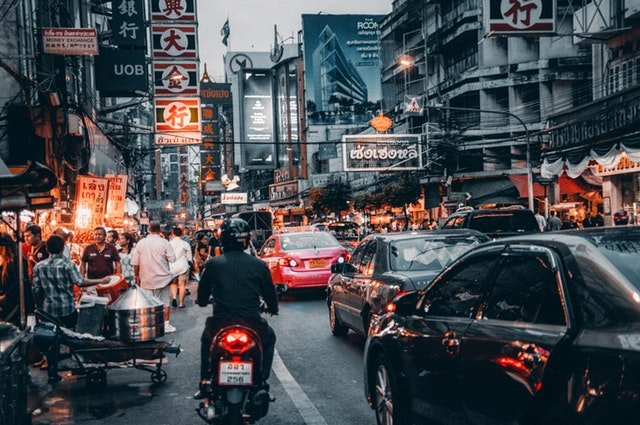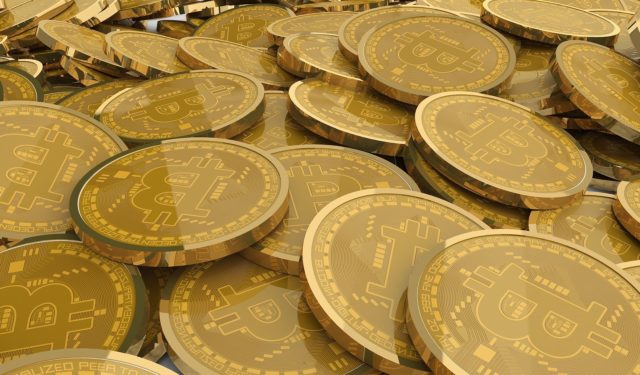While the rest of Asia scrambles to regulate cryptocurrencies, some remain open and even welcoming of the blockchain boom. An unlikely nation in the region to be convivial to new technology and innovation beyond state control is Thailand, which is currently in the throes of an ever-lengthening military dictatorship and associated power struggles.
It was reported in the Bangkok Post this week that the Securities and Exchange Commission (SEC) has said Thailand’s first bitcoin futures trading service offered by a securities company is legitimate but urged investors to apply caution due to high risks.

Thai Futures
According to Phillip Securities Thailand, investors would be allowed to speculate on Bitcoin via an international global derivatives trading service. Market regulators within the country are in consensus that the move is legitimate and can proceed. Similar futures contracts were offered last month by two large Chicago exchanges: CBOE and CME, though products in other countries have yet to get off the ground.
In a press release, managing director Low See Kiong stated:
Using bitcoin as an underlying asset on the CBOE and CME will lead to greater acceptance of bitcoin futures as they have reliable payment systems and are regulated by the US Securities and Exchange Commission.
He added that the futures were targeted towards experienced investors that did not want to buy the currency directly on crypto exchanges or from unlicensed brokers.

Open to Trading
The head of global markets at Phillip Securities Thailand told the Bangkok Post that customers wanting to trade Bitcoin futures must apply for the company’s global derivatives service, which will allow them to trade futures on 15 global futures markets, including CBOE and CME. However, investors will need to deposit money to cover their investment margin, and trading will be quoted in US dollars. In reference to margin covers, he added:
In principle, investors should prepare money as a buffer for price movement around 20-30% above the margin. The buffer might be lower for some, depending on the risk management of individuals. For example, if they have a strict policy to stop losses, the buffer may be lower than 10%.
Thailand has one primary crypto exchange offering Bitcoin and ten other altcoins directly in fiat and a few more obscure ones in Bitcoin. Junta leader Prayut Chan-ocha recently warned about the risks of crypto trading and advised that the public be educated about it before jumping in.
Will the rest of Asia open up or continue to crack down on crypto? Share your thoughts in the comments below.
Images courtesy of GoodFreePhotos, Pexels, and Bitcoinist archives.
The post Bitcoin Futures Speculation Allowed in Thailand appeared first on Bitcoinist.com.
